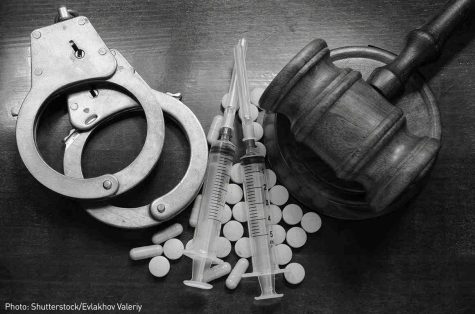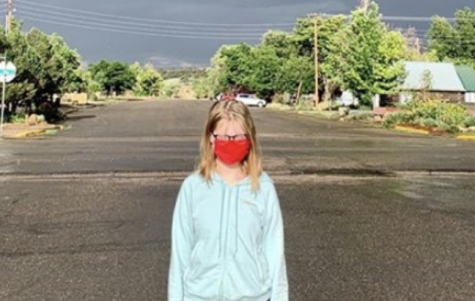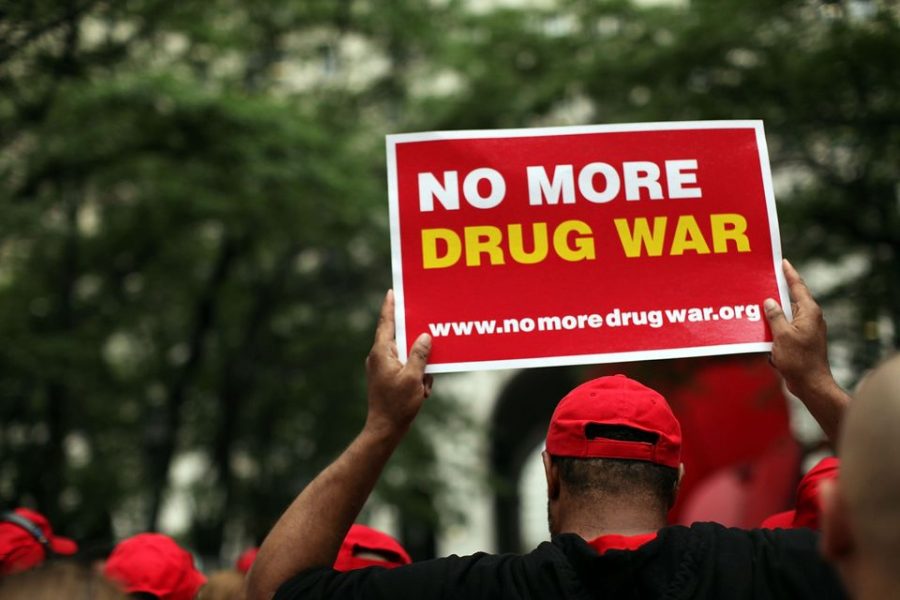Drug Decriminalization
On election night, important ballot measures passed in many states, including laws involving marijuana. Now, most states allow medical marijuana, and many have decriminalized or legalized the drug.
Marijuana legalization has even gained support at the federal level. The House of Representatives recently passed a bill that would federally legalize cannabis; however, it is unlikely to pass the Republican-controlled Senate.
 Marijuana is not as harmful as other drugs, which is one of the arguments in support of its legalization. Besides marijuana, other, harder drugs must be dealt with. Legalizing these dangerous drugs is very unlikely because that would mean allowing their use to the general adult population with few consequences. However, decriminalization would mean changing from the disciplinary method that many states take to another model, where drug addiction was not punished but treated as an illness.
Marijuana is not as harmful as other drugs, which is one of the arguments in support of its legalization. Besides marijuana, other, harder drugs must be dealt with. Legalizing these dangerous drugs is very unlikely because that would mean allowing their use to the general adult population with few consequences. However, decriminalization would mean changing from the disciplinary method that many states take to another model, where drug addiction was not punished but treated as an illness.
With this idea in mind, Oregon became the first state to decriminalize the use and minor possession of all drugs. Sale, manufacture, and larger possession of hard drugs remains criminalized. Under the new law, instead of facing jail time, a user of any drug in Oregon may face no more than a small fine. Additionally, using money from the taxation of legal cannabis and savings on state prisons, Oregon will fund more robust public addiction treatment.
Since the War on Drugs began, there has been a legal crackdown on drug use and a subsequent increase in incarcerations. Thousands of Americans are incarcerated for nonviolent drug offenses, and criminalization laws disproportionately affect people of color. However, the War on Drugs seems to be a failure. Although drug control spending has increased drastically over the last few decades, drug use rates have remained fairly constant. The inefficacy of the nation’s current, punitive approach to drug addiction seems to suggest the need for another method, possibly one similar to Oregon’s.

Liza Curtright is a senior who enjoys watching football and learning about politics. She is one of the first members of Keystone’s FRC team, as well...

